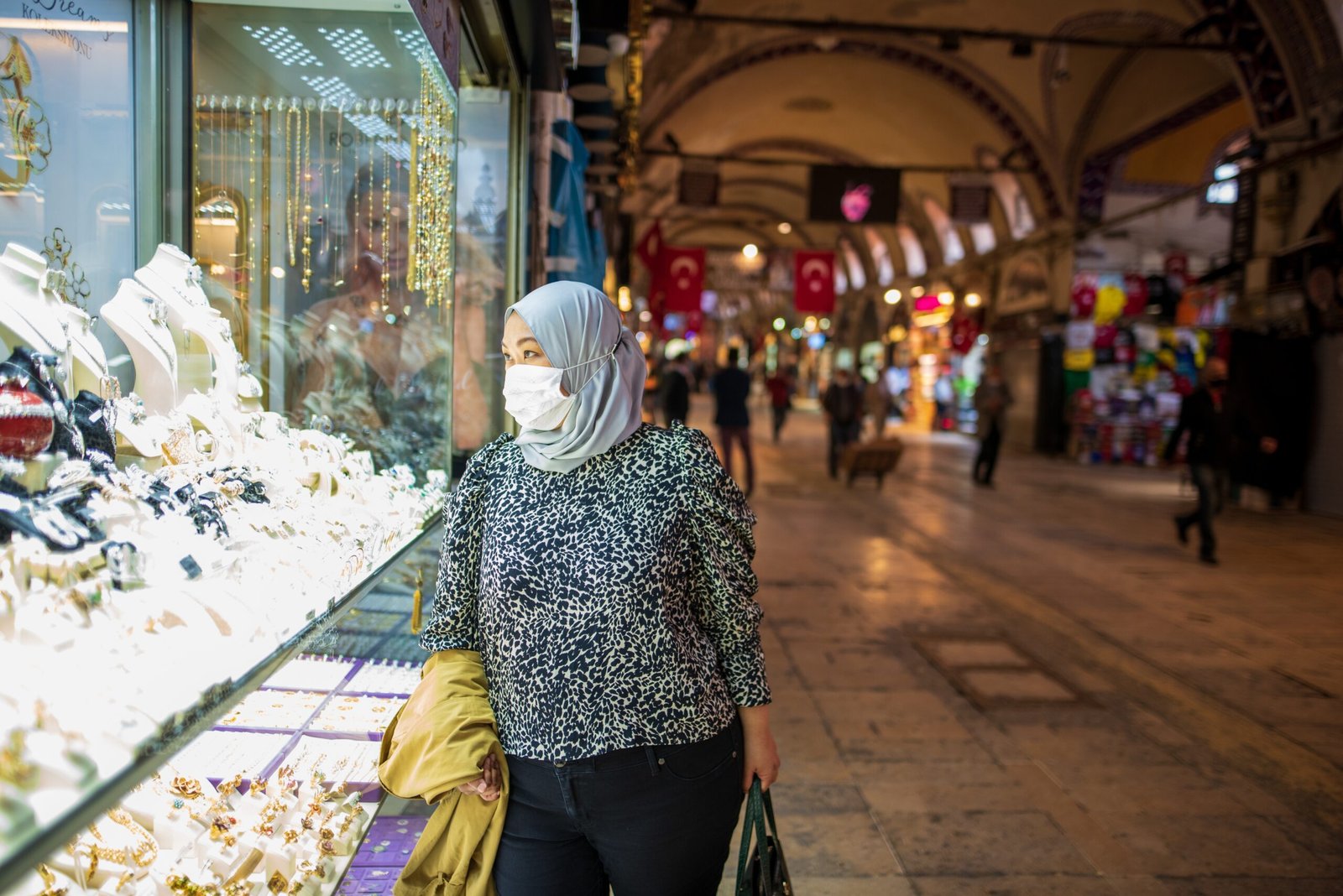Physical Address
304 North Cardinal St.
Dorchester Center, MA 02124
Physical Address
304 North Cardinal St.
Dorchester Center, MA 02124

After operating as an iconic retail hub for nearly two decades, Safeer Mall in Sharjah has officially closed its doors under its previous management. The news has left many store owners uncertain about the future of their businesses. While new management has stepped in, confusion and conflicting reports have left shop owners grasping for clarity.
Here’s what we know so far about the state of Safeer Mall following its closure and the concerns faced by its tenants.

When a reporter visited Safeer Mall recently, most sections were dark and deserted. Shuttered shops lined hallways that were once bustling with activity, and the upper floors were eerily empty. Access to the basement parking was also blocked by red tape, signaling the mall’s drastic shift over the past few months.
However, not all hope was lost. Among the quiet, a few determined business owners chose to maintain operations, clinging to investments they made before the mall’s management change. Reports suggest that only nine stores remain open, providing a stark contrast to the mall’s previously thriving landscape.
One such tenant is Mukesh Chaturbhuj, the owner of the Indian clothing shop “Leena Mukesh Trading,” located on the ground floor. Mukesh explained, “I’ve been running my shop here for the past two years and invested a lot into it. When the property was handed over to new management, I renewed my contract directly with Sharjah Municipality and have continued paying rent to them.”
His story is shared by others like bakery owner Sufiya Noufal, who runs a custom cake shop, and Abdurrahman, the proprietor of the menswear store “Golden Tuxedo.” They’ve also renewed agreements with the Sharjah Municipality, allowing them to keep their doors open even as uncertainty looms overhead.
The situation at Safeer Mall stems from a transfer of property ownership earlier this year. The Al Safeer Group of Companies, which operated the mall for 19 years, handed the property back to its landlord in January 2025. Formal notices were issued to shop owners in December 2024, giving them the option to vacate or continue business operations under new arrangements.
According to Om Prakash, marketing manager for Al Safeer, “The property was handed over early this year, and notices were sent months before the change of ownership. It’s up to the landlords and new management to decide the mall’s future.”
Despite compliance with these notices, shop owners are now facing eviction notices from the new management. This conflict between contractual agreements with the municipality and directives from new management has left tenants in a legal and logistical quagmire.
While some tenants have chosen to close their stores and cut their losses, others continue to fight for their businesses. Many of them have invested substantial time and money into their operations and cannot afford a sudden exit.
Take, for instance, Ashfaq Muhammad Khan, the owner of Amani, a clothing store. He voiced growing frustration over eviction orders from the new management despite his compliance and continued rent payments. He also mentioned plans to consult local authorities about the legality of the notices.
Shop owners who rely heavily on their physical presence are in a particularly precarious situation, considering they cannot rapidly relocate their operations. Adding to their struggles is the lack of official communication from the mall’s new leadership.
At the time of writing, official statements from the new management about upcoming plans for the property have not been released. However, there is speculation that the mall may undergo rebranding or redevelopment, aligning with the growing trend of transforming older retail spaces into multi-purpose venues that blend retail, dining, and entertainment.
Until clarity is achieved, shop owners like Mukesh, Sufiya, and Ashfaq remain caught between the desire to protect their investments and the challenge of navigating legal and operational hurdles.

The circumstances surrounding Safeer Mall reflect challenges facing older shopping centers globally. Rising rental costs, shifting consumer behaviors, and competition from modern retail hubs have made survival even harder for traditional malls. For Safeer Mall, the situation serves as a poignant reminder of the importance of adaptive strategies for long-term sustainability in the retail industry.
For businesses operating in shared spaces like malls, the closure of Safeer Mall offers valuable lessons:
Safeer Mall’s story may soon transform into a case study of transition and adaptation. Only time will tell how the businesses and new management mutually adjust to shape the location’s next chapter.
The closure of Safeer Mall after nearly two decades is a significant chapter in Sharjah’s retail history. However, its remaining tenants embody resilience, navigating ongoing uncertainty with hope and determination. Whether through maintaining operations or finding new ways to adapt, these business owners remind us that challenging transitions can be met with perseverance.